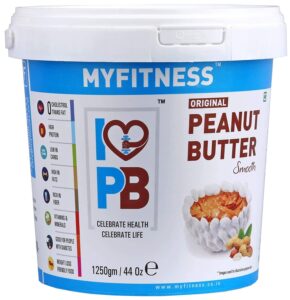Are you considering switching to a vegan diet? Or are you just curious about the benefits and risks of a plant-based lifestyle? Either way, this comprehensive guide has got you covered. In this article, we will explore its potential health benefits and risks, and tips for transitioning to and maintaining a healthy lifestyle.
What is a Vegan Diet?
It is a type of vegetarian diet that excludes all animal products, including meat, dairy, eggs, and honey. It is typically high in fruits, vegetables, whole grains, legumes, nuts, and seeds, and low in saturated fat and cholesterol. Some vegans may also choose to avoid processed foods, added sugars, and oils.

Types of Vegan Diets
There are several types including:
- Whole food vegan diet: This diet focuses on whole, minimally processed foods, such as fruits, vegetables, whole grains, legumes, nuts, and seeds.
- Raw food vegan diet: This diet consists of raw, uncooked plant-based foods, such as fruits, vegetables, nuts, and seeds.
- Junk food vegan diet: This diet includes processed and high-calorie plant-based foods, such as vegan burgers, fries, and desserts.
Health Benefits of a Vegan Diet
A well-planned vegan diet can provide numerous health benefits, such as:
Lower Risk of Chronic Diseases
Studies have shown that it can lower the risk of chronic diseases, such as heart disease, type 2 diabetes, and certain types of cancer. This may be due to the high intake of fruits, vegetables, whole grains, and legumes, which are rich in fiber, vitamins, minerals, and antioxidants.
Weight Loss
It may also help with weight loss and weight management, as it tends to be lower in calories and fat than a non-vegan diet. Plant-based diets have also been shown to improve body composition, such as reducing body fat and increasing muscle mass.
Improved Digestion
The high fiber content can improve digestion and prevent constipation, as well as promote a healthy gut microbiome.
Better Mental Health
It may also have benefits for mental health, such as reducing the risk of depression and anxiety. This may be due to the anti-inflammatory and antioxidant properties of plant-based foods.
Risks and Challenges of a Vegan Diet
While a vegan diet can be healthy and nutritious, it can also pose certain risks and challenges, such as:
Nutrient Deficiencies
A vegan diet may be deficient in certain nutrients, such as vitamin B12, vitamin D, calcium, iron, and omega-3 fatty acids. Vegans should be aware of these potential deficiencies and ensure they are getting enough of these nutrients through fortified foods or supplements.
Protein Intake
Plant-based proteins may not be as readily available or complete as animal-based proteins, which can make it challenging for vegans to meet their protein needs. However, with careful planning and a varied diet, vegans can still obtain enough protein.



